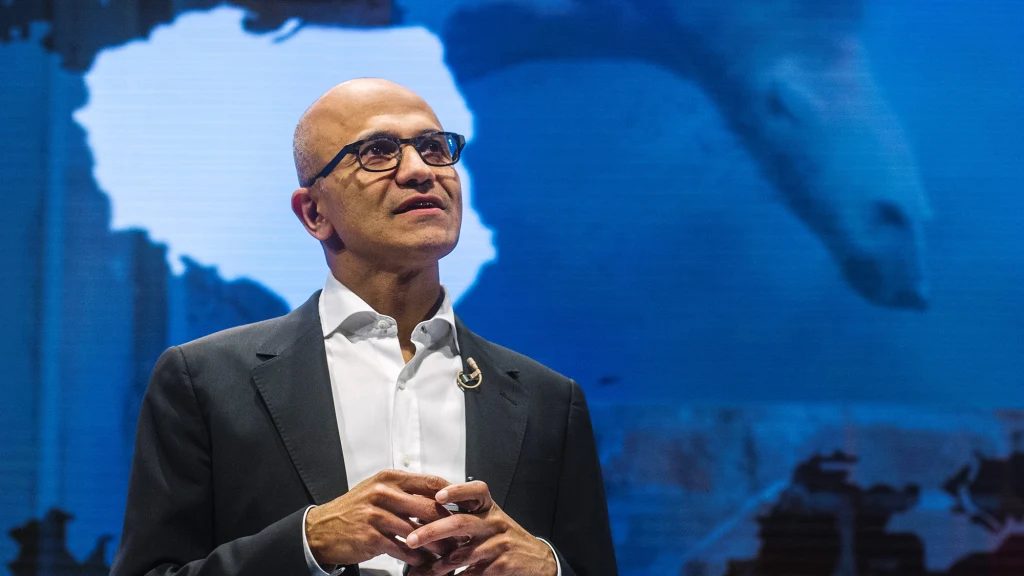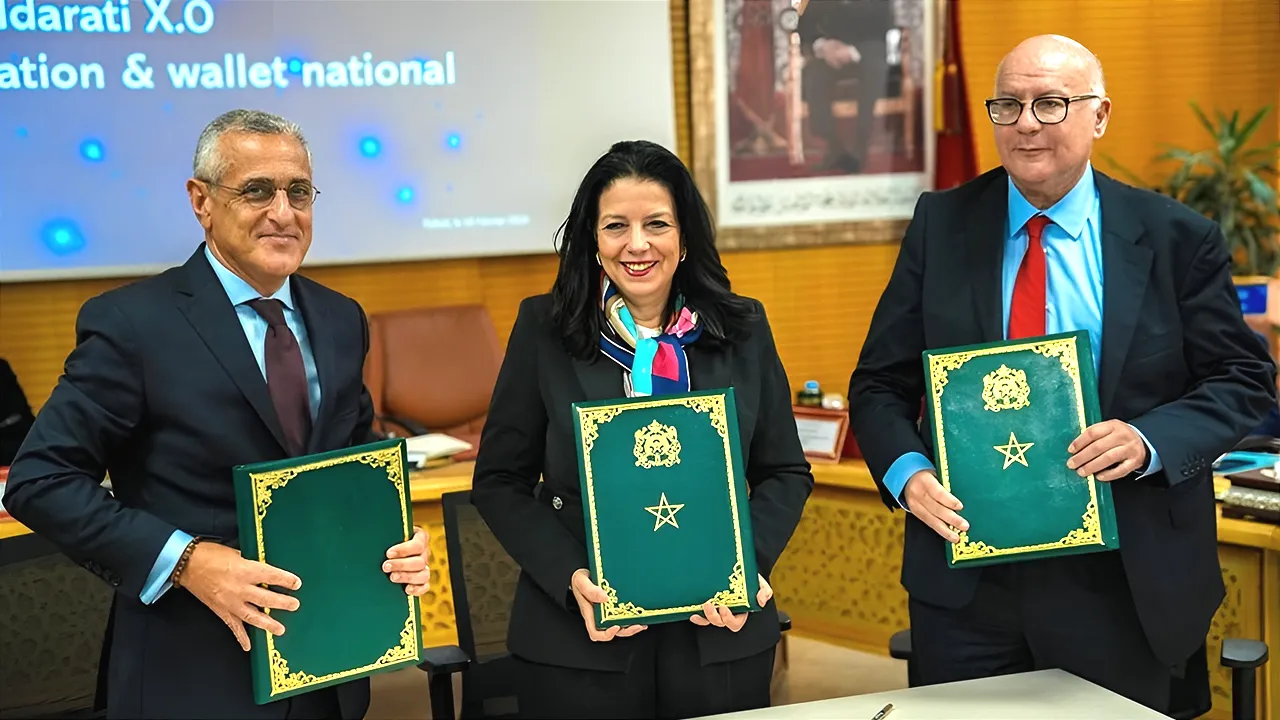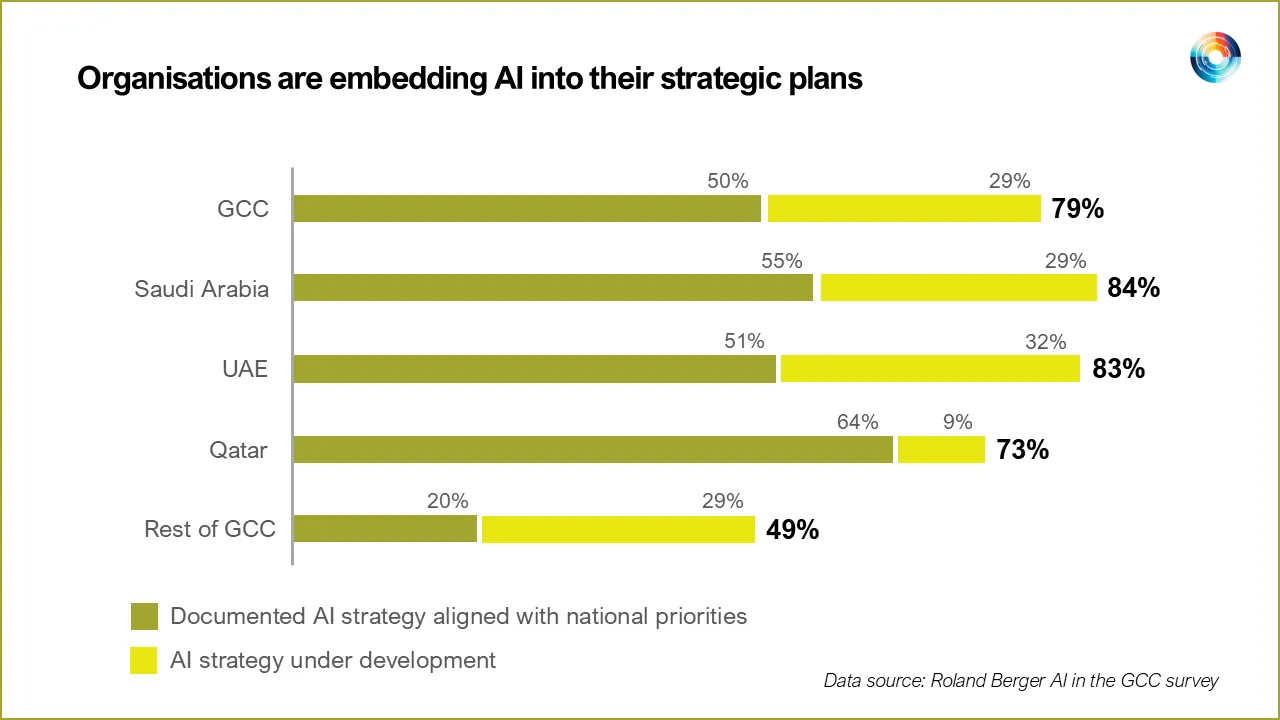In a significant move to bolster its position in the AI arms race, Microsoft will integrate OpenAI’s custom chip designs into its own hardware initiatives. The announcement, made by CEO Satya Nadella, reveals a deeper collaboration between the two tech giants, aiming to close the gap with competitors in the highly competitive semiconductor sector.
A Strategic Play to Catch Up
While Microsoft has been developing its own in-house chips, it has trailed rivals like Google and Amazon, who have made significant strides with their custom silicon. This strategic partnership allows Microsoft to leverage OpenAI’s cutting-edge research and development, effectively fast-tracking its ambitions to create optimized hardware for running large-scale AI models. By tapping into OpenAI’s designs, Microsoft aims to enhance the performance and efficiency of its Azure cloud infrastructure.
Details of the Deepened Partnership
Under a revised agreement, Microsoft gains intellectual property rights to OpenAI’s chip designs, which are being co-developed with semiconductor firm Broadcom. This grants Microsoft long-term access to innovative system-level designs, along with continued access to OpenAI’s models until 2032. Satya Nadella confirmed that the company will borrow and adapt OpenAI’s designs for its specific needs, signaling a major shift in its hardware strategy. The deal ensures Microsoft remains at the forefront of AI capabilities, with the only exception being OpenAI’s consumer hardware, which will be developed and sold independently.
Implications for the MENA Tech Ecosystem
This global development carries significant weight for the burgeoning tech landscape in the MENA region. For founders and VCs, Microsoft’s push into custom AI hardware could translate into more powerful and cost-effective AI services on its Azure platform, a popular choice for many regional startups. As sovereign cloud and data localization become paramount in countries like Saudi Arabia and the UAE, access to more efficient, Microsoft-backed AI infrastructure could accelerate national AI strategies. This vertical integration—from silicon to software—highlights a critical industry trend, offering a blueprint for how deep-tech capabilities will be built and deployed in the coming years.
About Microsoft
Microsoft is a global technology corporation that produces computer software, consumer electronics, personal computers, and related services. Its best-known software products are the Microsoft Windows line of operating systems, the Microsoft Office suite, and the Internet Explorer and Edge web browsers. Its flagship hardware products are the Xbox video game consoles and the Microsoft Surface lineup of touchscreen personal computers.
Source: Tech in Asia














